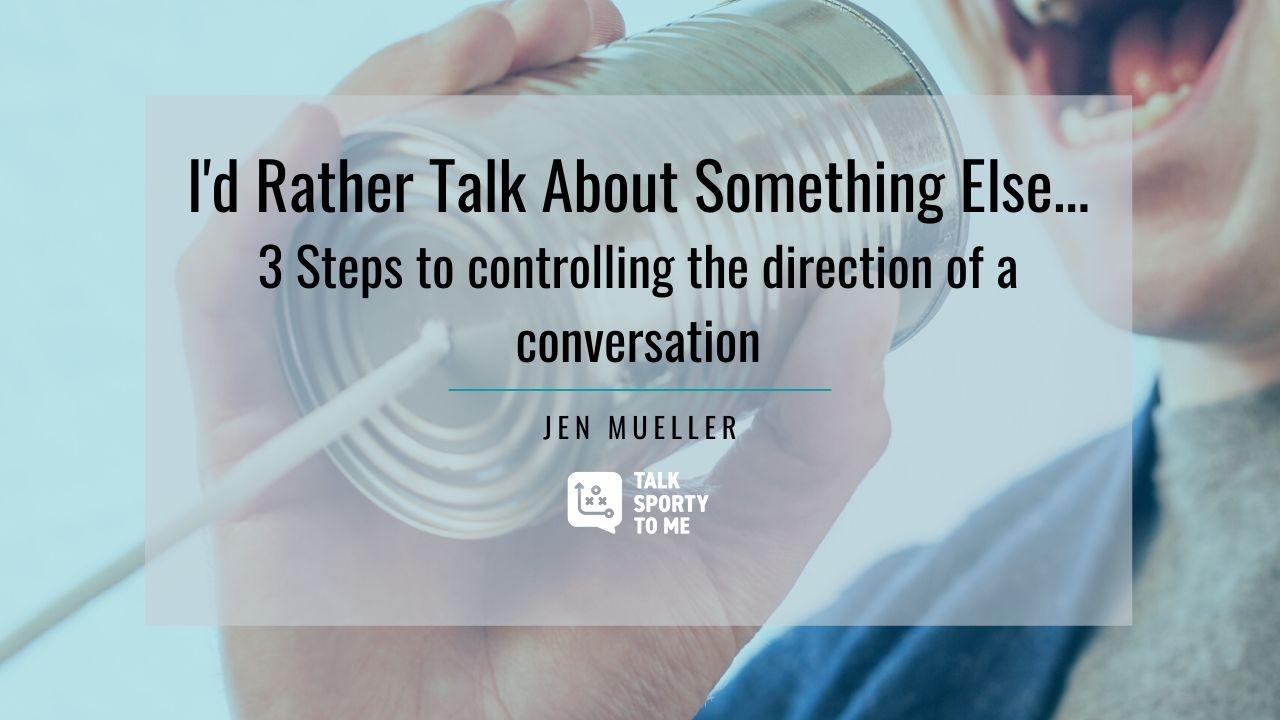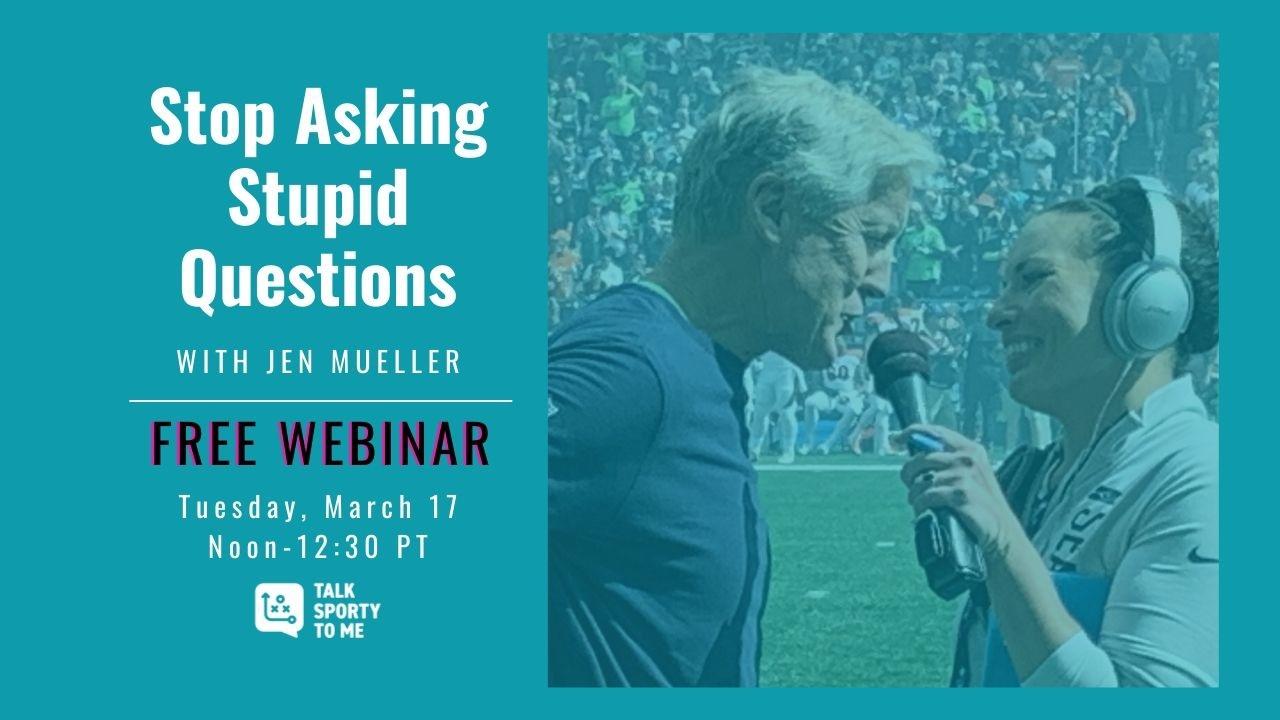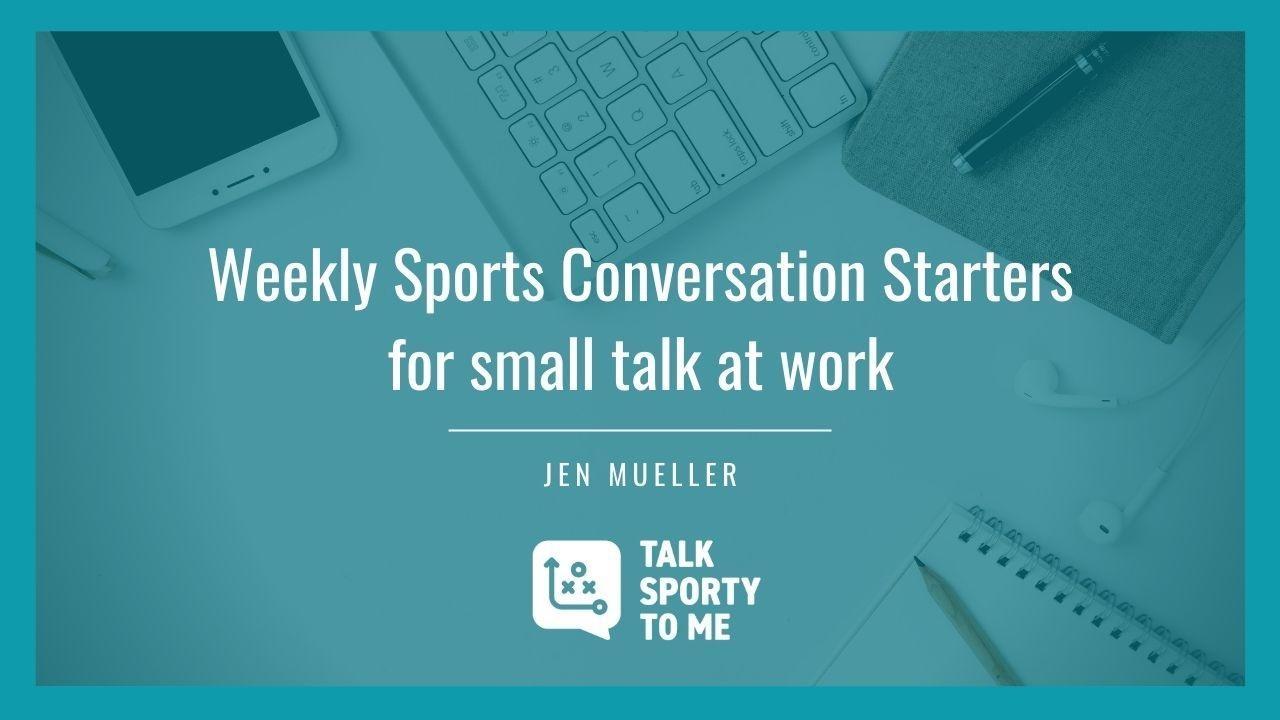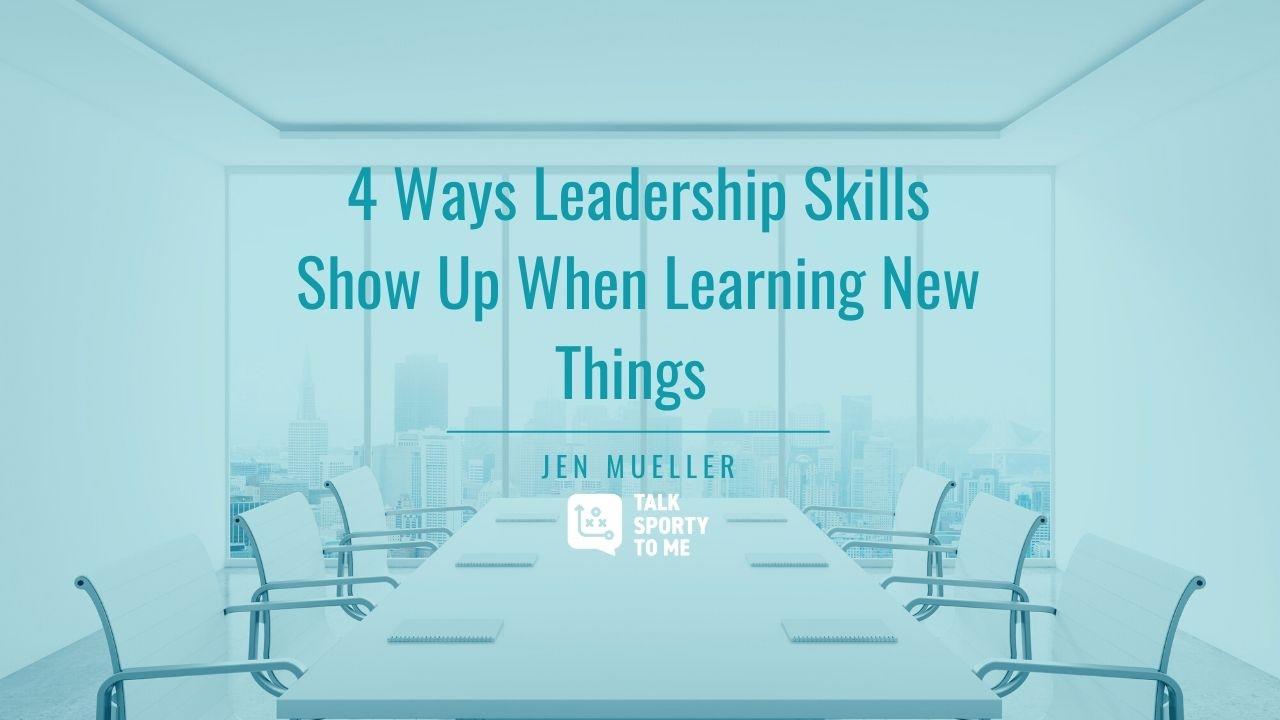A week ago I was preparing to write an article about using sports conversations to maintain connections while offices started working remotely and “so...
The hottest news topic isn’t always the one you want to talk about, even when it seems like that’s ALL anyone is talking about.
The coronavirus domin...
The topic dominating headlines isn’t always the best conversation starter.
I mean, how much more do you really want to talk about the coronavirus (An...
The person who coined the phrase, “there’s no such thing as a stupid question” was either flat-out lying or unaware of all the stupid questions he/she...
All opportunities come through people.
It’s something I heard an NFL Agent tell a group of conference attendees at the NFL Combine during the weekend...
More isn’t better. Longer conversations don’t lead to better communication. Additional information doesn’t lead to better understanding.
Unnecessary ...
We lost power for two hours Sunday. It wasn’t a big deal, or even much of an inconvenience … although it did delay baking my blueberry coffee cake by ...
Stay interested to be interesting.
A friend reminded me of that phrase at dinner the other night.
For her it meant listening to different podcasts r...
Sports fans inherently know the importance of storytelling. Unless they’re the type who look at the score or the outcome… and nothing else. No highlig...
"How’s the weather?"
Anyone living in the Seattle area the last month would tell you it’s rained. A lot. Nearly every single day. Which means if the ...
Leaders never stop learning.
I’ve always looked at the scholastic or philosophical side of that statement more than the technical or the tactical.
...Happy Monday! Although depending on who you were cheering for in the Super Bowl (and how long that party lasted) you might be feeling anything but hap...

















